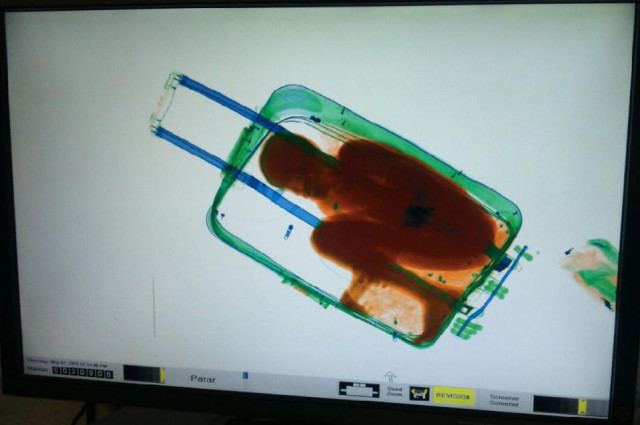Disturbing dilemma of child trafficking
The prime minister has thankfully taken notice of cases of child trafficking in Murree

PHOTO: AFP

The situation is so grave that children between the ages of 12 and 14 constitute about 35% of the documented street children in Murree. Most of these children originate from Punjab, constituting around 42% of all street children in Murree, while 36% belonged to Khyber-Pakhtunkhwa and 12% were from Afghanistan. Other children were from Azad Jammu and Kashmir and Gilgit-Baltistan, while at least 8% of street children could not even recall their origin. The finding of the report also points to internal trafficking, particularly in the summer and winter months when tourism hits its peak. The report states that children almost come in waves in these months and are forced to stay in Murree, where they are subjected to abuse, violence and forced labour. While the numbers are startling, these findings are not surprising. Pakistan is plagued with child labour, child sexual abuse and physical and sexual violence. The recent case of Tayyaba is only one of many, yet child abuse remains unchecked and rampant. There have also been various reports on women and child trafficking from Pakistan to Europe and within the country itself, yet it is not taken as a serious concern at all.
The prime minister’s notice on the matter gives hope that at least the findings of this report will be further investigated by government authorities. It is hoped that even if the findings of the government and the NGO report are statistically different, the essence of the problem is dealt with. Pakistan desperately needs to implement child protection laws, improve legislation and take immediate steps to curb child trafficking.
Published in The Express Tribune, January 30th, 2017.
Like Opinion & Editorial on Facebook, follow @ETOpEd on Twitter to receive all updates on all our daily pieces.














COMMENTS
Comments are moderated and generally will be posted if they are on-topic and not abusive.
For more information, please see our Comments FAQ